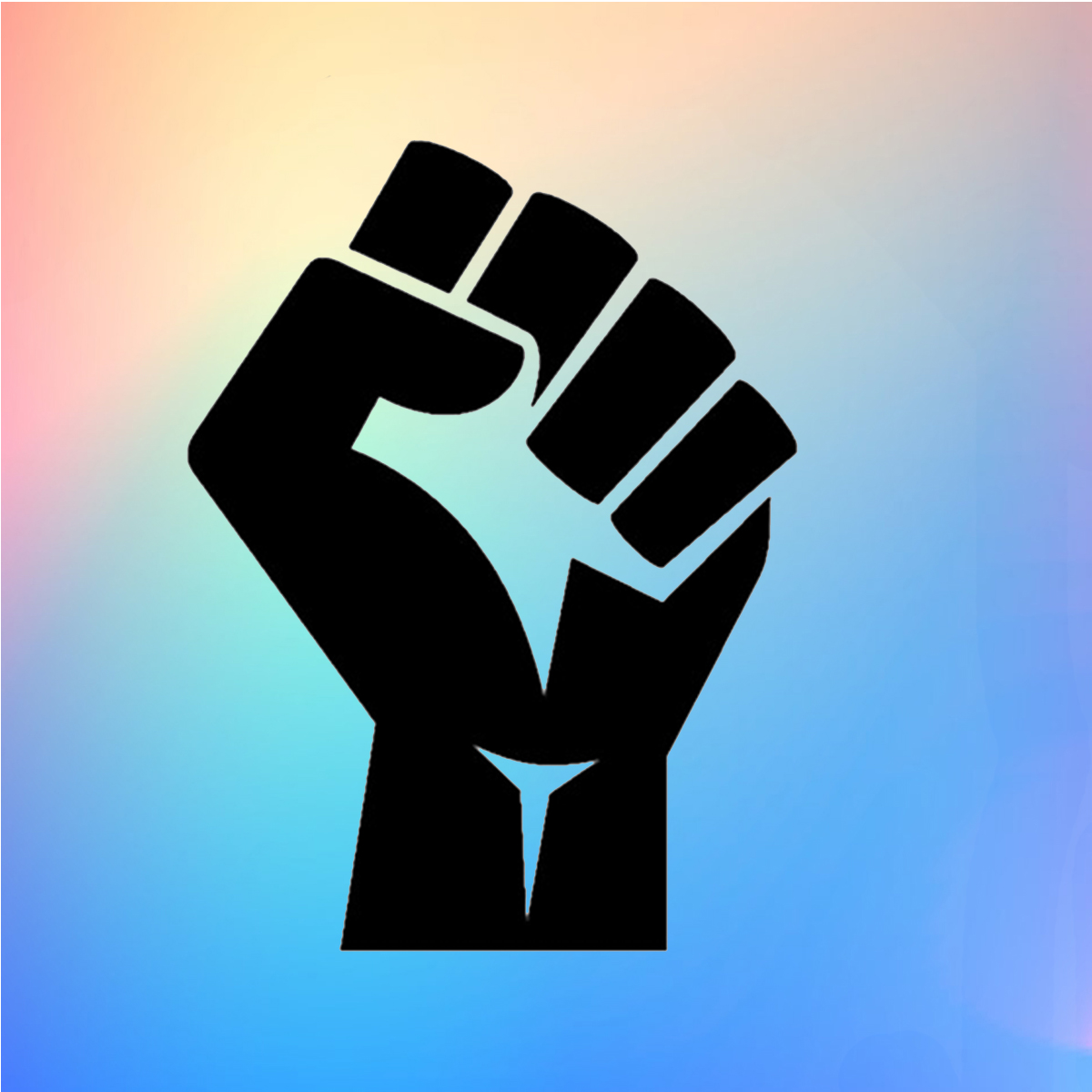Rights are the fundamental principles that govern the way individuals and societies interact with each other. They are the entitlements and legal or moral claims that people possess, which are recognized and protected by law, custom, or international agreement. The concept of rights is rooted in the idea of human dignity and respect for individual autonomy, and it has been an ongoing topic of debate and discussion throughout history.
Rights can be broadly categorized into two types: negative rights and positive rights. Negative rights are those that protect individuals from interference or harm by others, such as the right to free speech, freedom of religion, and the right to privacy. Positive rights, on the other hand, are those that require resources and actions from others to fulfill, such as the right to education, healthcare, and food.
The concept of rights has evolved over time, reflecting changing societal norms and values. Historically, the idea of individual rights emerged during the Enlightenment period in Europe, where thinkers like John Locke and Jean-Jacques Rousseau emphasized the importance of individual liberty and autonomy. The concept of rights was also enshrined in the American Declaration of Independence and the French Declaration of the Rights of Man and of the Citizen.
Today, rights are recognized and protected by international law, with the Universal Declaration of Human Rights serving as a cornerstone document in this regard. The declaration, adopted by the United Nations General Assembly in 1948, recognizes a range of rights, including civil and political rights, economic, social and cultural rights, and the right to development.
While the concept of rights is widely accepted, there is ongoing debate around the extent and limitations of individual rights. Some argue that individual rights must be balanced against the greater good of society, while others argue that individual rights are absolute and cannot be compromised. There are also debates around how to reconcile conflicting rights, such as the right to free speech with the right to privacy, or the right to bear arms with the right to safety.
The protection and promotion of rights are essential for the functioning of a just and equitable society. Governments have a responsibility to ensure that rights are protected and that individuals are not discriminated against or marginalized. Individuals, too, have a responsibility to respect the rights of others and to work towards creating a society where all rights are protected.
In conclusion, rights are an essential component of human dignity and the functioning of a just society. While the concept of rights has evolved over time, it remains a cornerstone of international law and a vital tool for promoting individual autonomy and well-being. The protection and promotion of rights require ongoing dialogue and debate, as well as a commitment to creating a society where all individuals are treated with dignity and respect.

Comments